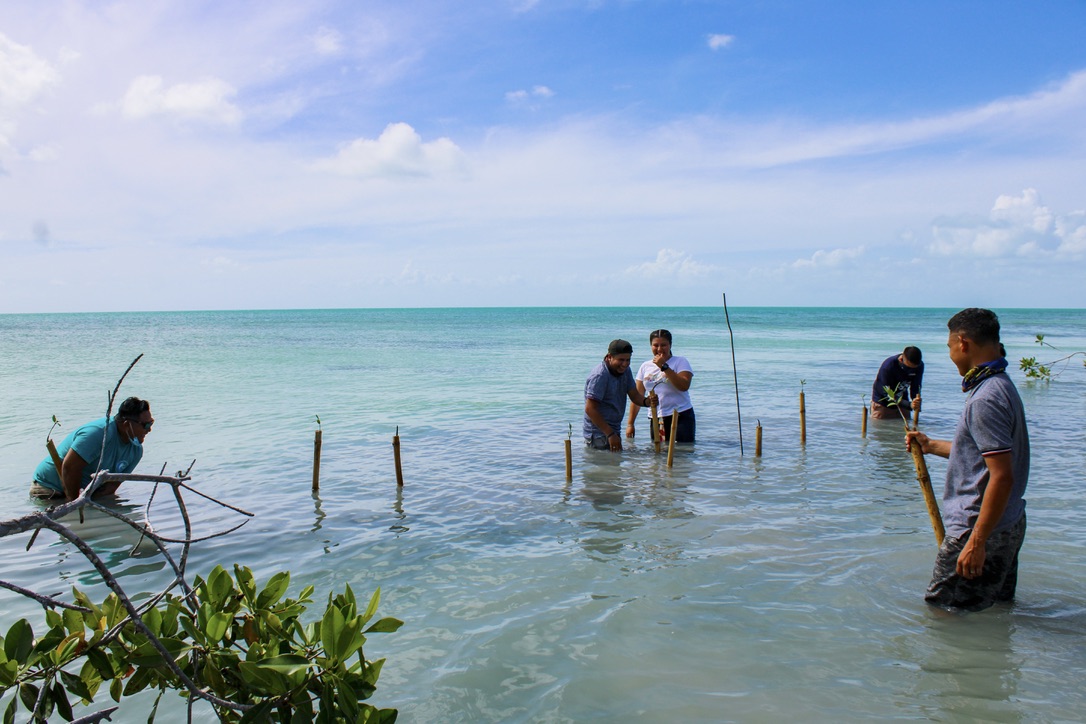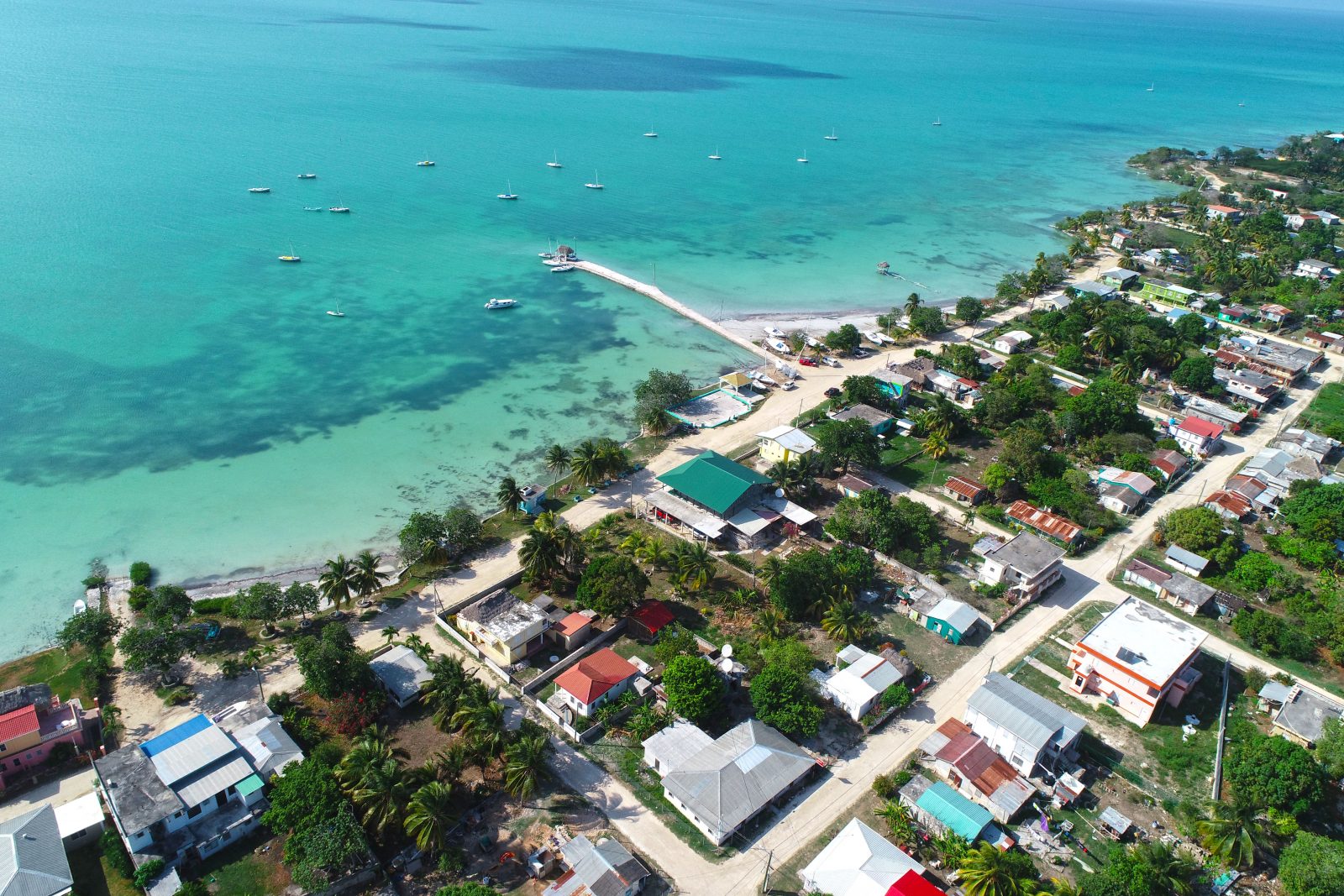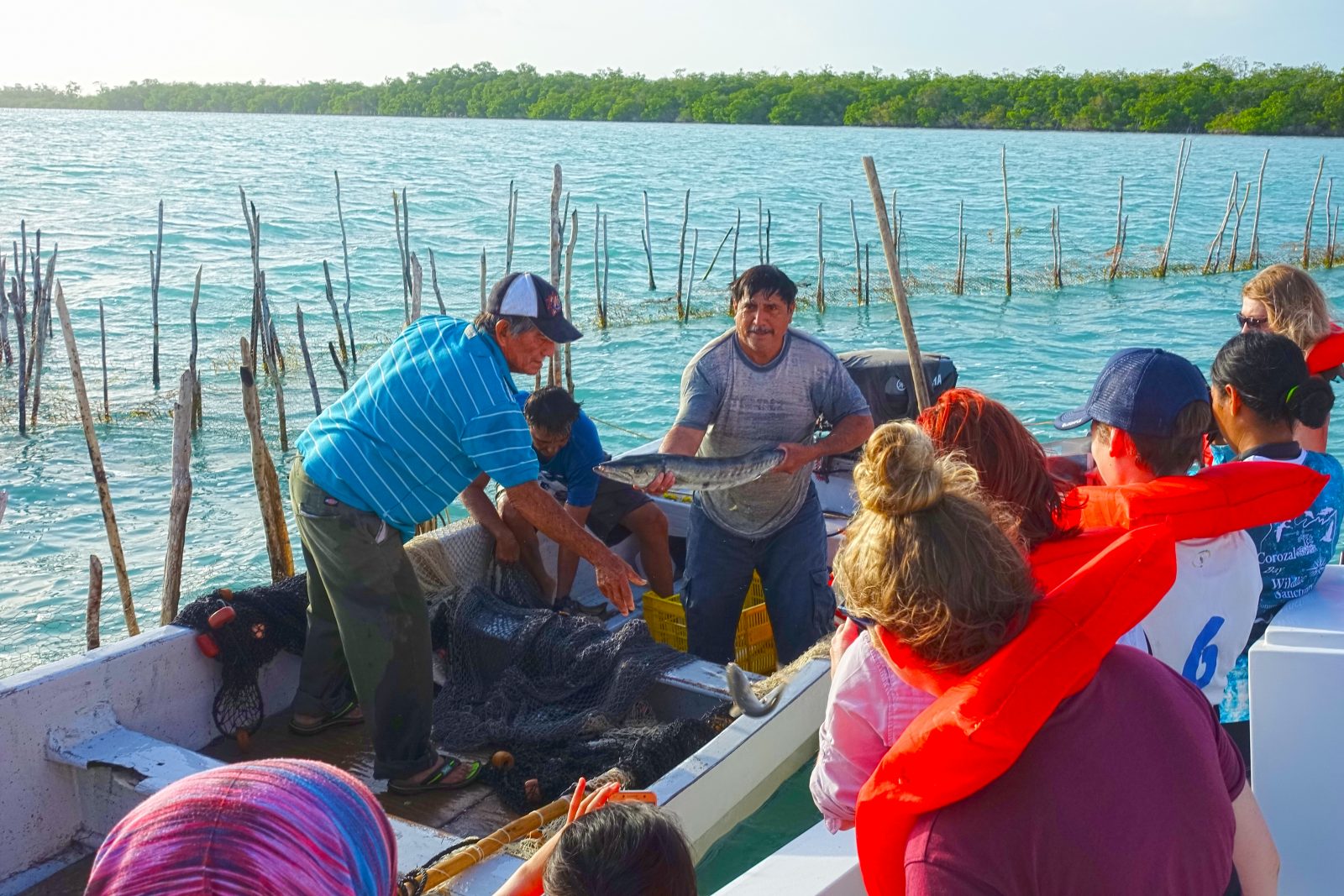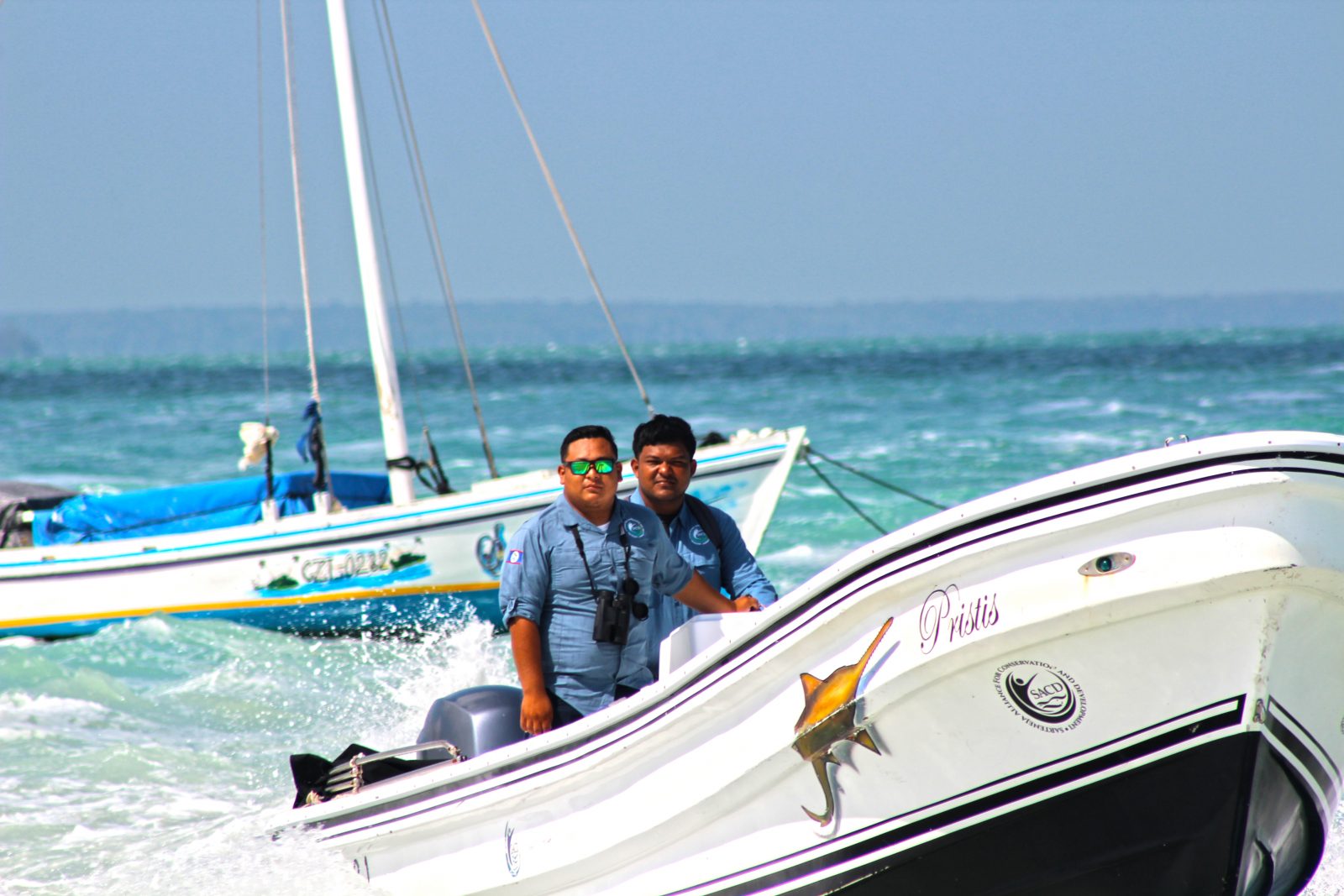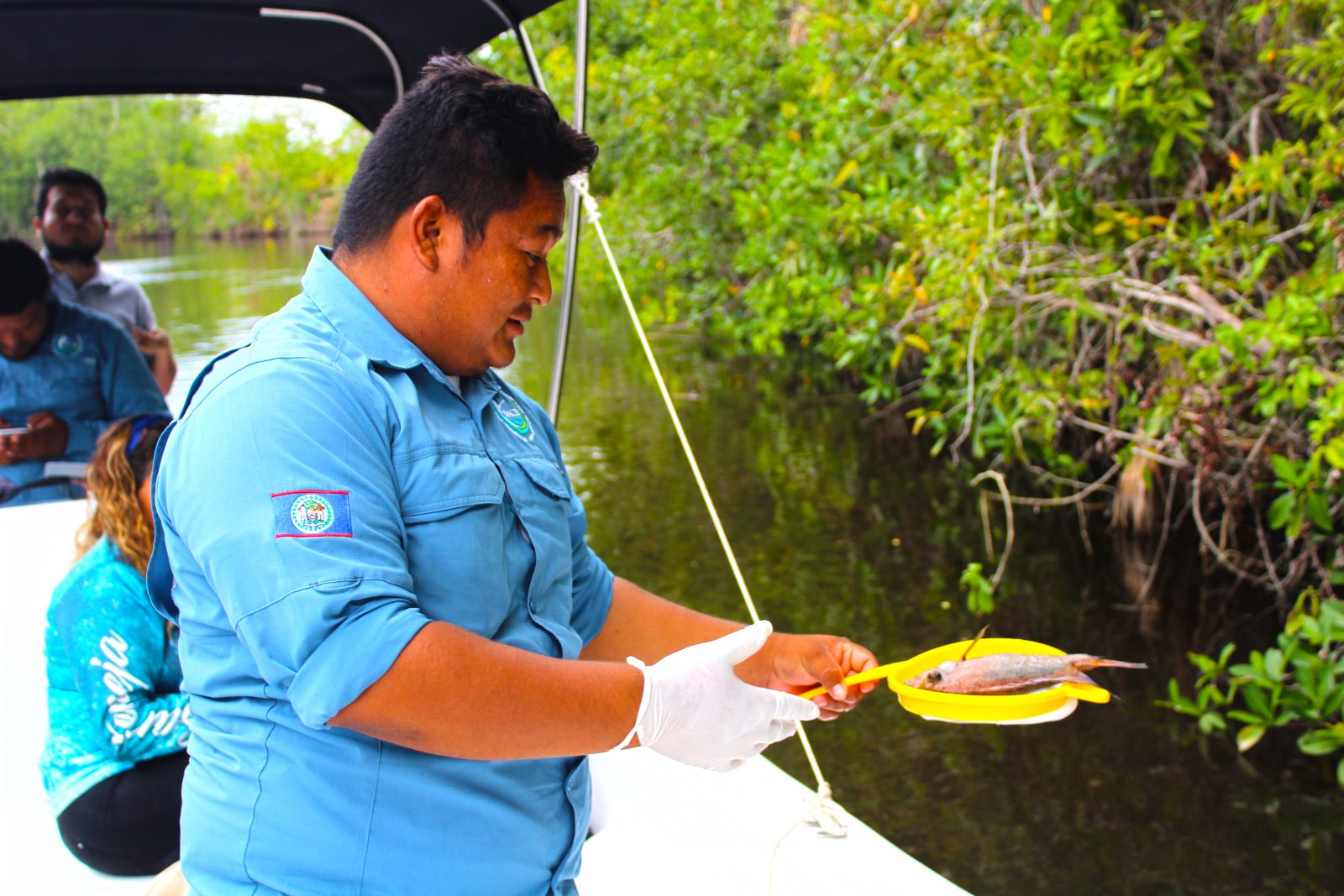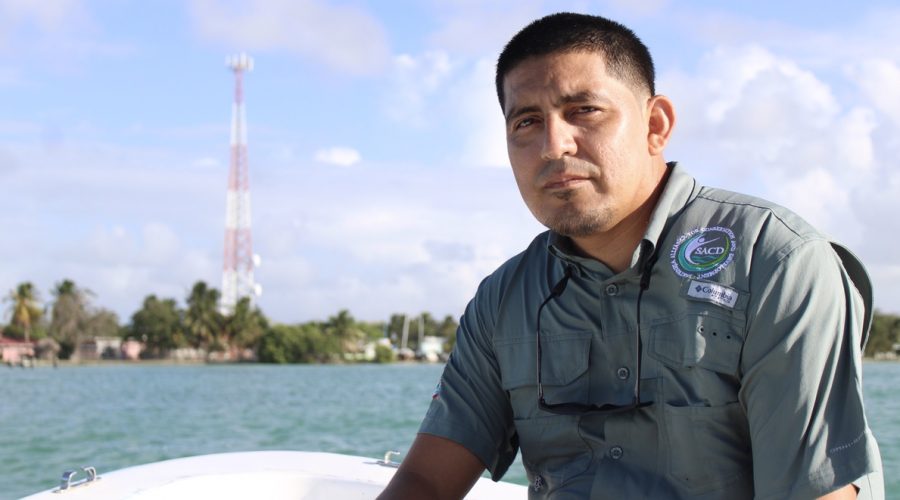We developed a concept called “Pesca Tours” combining fishing activities with community tourism. In addition to fishing, tourists can also join fishermen in their homes to have a home-cooked meal with their families. This way, fishermen have alternative sources of income while continuing their traditional livelihood in a sustainable way. The pandemic has complicated the implementation of this project, but I believe it will have a positive impact on both people’s livelihood, including fisheries, and coastal conservation in the area.
We are working on a “no new fishermen” policy, meaning only recognised fishermen from the area applying traditional fishing methods are allowed to fish in the reserve. The users of the resources are happy with this policy. At this point, the local fishermen are familiar with the regulations of the reserve; some of them help us to report illegal fishing activities. Their appreciation of natural resources is gradually changing. It is a cultural change that takes time.
Today, we combine our educational and outreach programmes with control and enforcement, which means we also have to arrest people now and then. Most illegal fishing is now done by fishermen from outside the area. Since we are in a border area, we have established a good relationship with the Mexican authorities. Through a shared system, we have helped to reduce illegal fishing activities.
